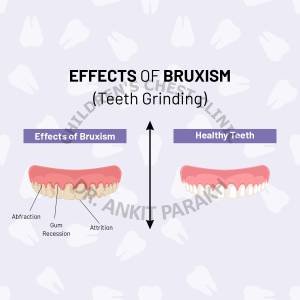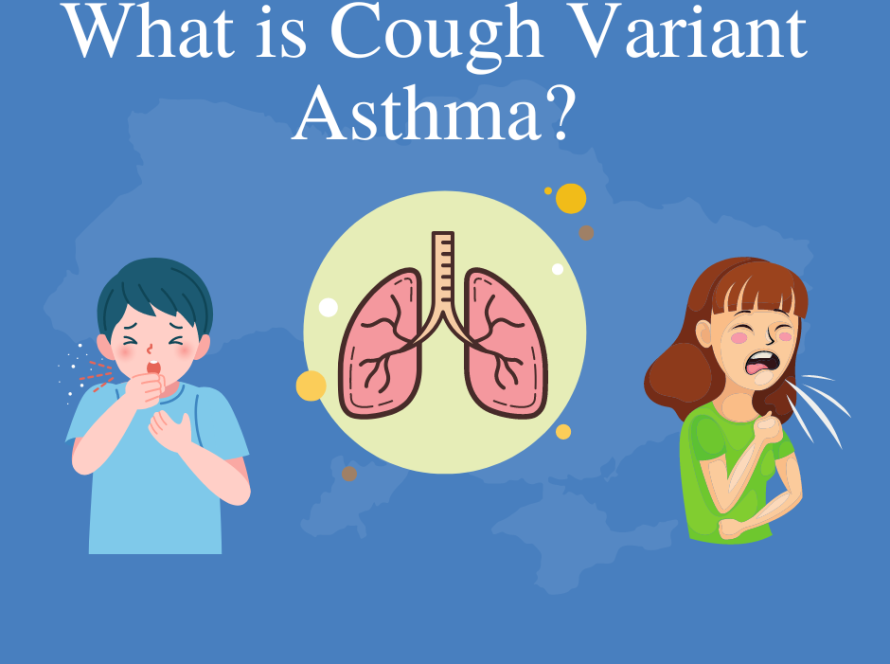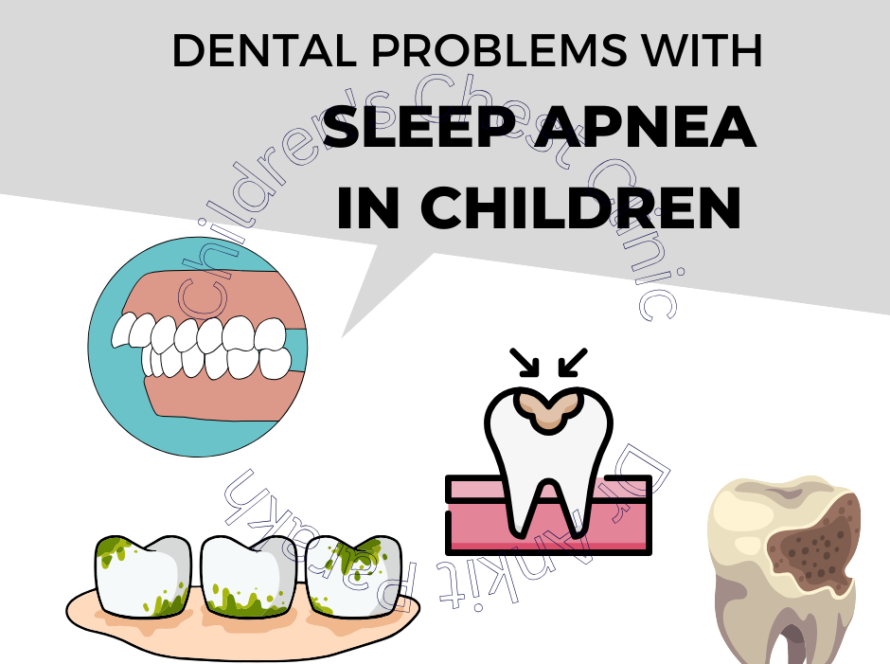Teeth grinding, also called bruxism, is grinding or clenching of teeth. Teeth grinding (bruxism) is common in children with almost 20-30 % children grinding their teeth in sleep. Teeth grinding (bruxism) can be seen during the day while awake but is more common at night while asleep. While sleeping the jaw contracts, the sound of tooth grinding is produced when the contractions are too strong.
What are the problems associated with teeth grinding or bruxism in children?
Most children who grind their teeth are unaware about this problem mostly during sleep. It is mostly the parents who notice this and bring it to the doctor’s attention. Most children who grind their teeth do not have any significant problems. Some children with bruxism can have problems related to a sore jaw. Children might complain of pain while chewing. Some children with bruxism can have headaches, earaches and facial pain. Occasionally, in extreme cases children with harsh teeth grinding or bruxism can have problems related to their temporomandibular joints.
Vigorous and chronic teeth grinding or bruxism in some children can lead to problems with their teeth. Excessive grinding of the teeth can lead to wear down of the tooth enamel. Teeth might appear worn down or chipped. This can further lead to sensitivity to hot and cold foods and drinks.
Is teeth grinding or bruxism related to any underlying diseases in children?
Teeth grinding or bruxism while awake especially in older children and adolescents might be related to anxiety, stress, anger, frustration or tension.
Children with developmental disorders and brain injuries (like global developmental delay and cerebral palsy) are at risk of teeth grinding or bruxism. Teeth grinding or bruxism during sleep can be associated with other sleep disorders like obstructive sleep apnea, parasomnias (like sleepwalking, sleep talking and confusional arousals), restless legs syndrome and rapid eye movement disorders. Children presenting with bruxism should be carefully screened for these sleep disorders. A diagnostic sleep study or polysomnography might be required for diagnosis of these sleep disorders.

What age does bruxism go away?
Most kids stop grinding their teeth around the time they lose their baby teeth which is usually around 6-7 years of age.
How do you treat bruxism in children?
Treatment for teeth grinding of bruxism is not usually required as in most children it does not lead to any harm and goes away with age. In some children where bruxism leads to issues with their dentition a referral to a child dentist is required. A child dentist usually would help the child by providing a mouth guard which is usually worn at night over the upper and the lower jaw. Night mouth guard will prevent the teeth from getting damaged and worn out. Some children with bruxism may require physiotherapy, acupuncture or sometimes medicines.
In case your child grinds their teeth on a regular basis or has bruxism you need to get in touch with the pediatric sleep specialist for evaluation of bruxism and other sleep disorders. Some children may require a polysomnography for a proper diagnosis.






